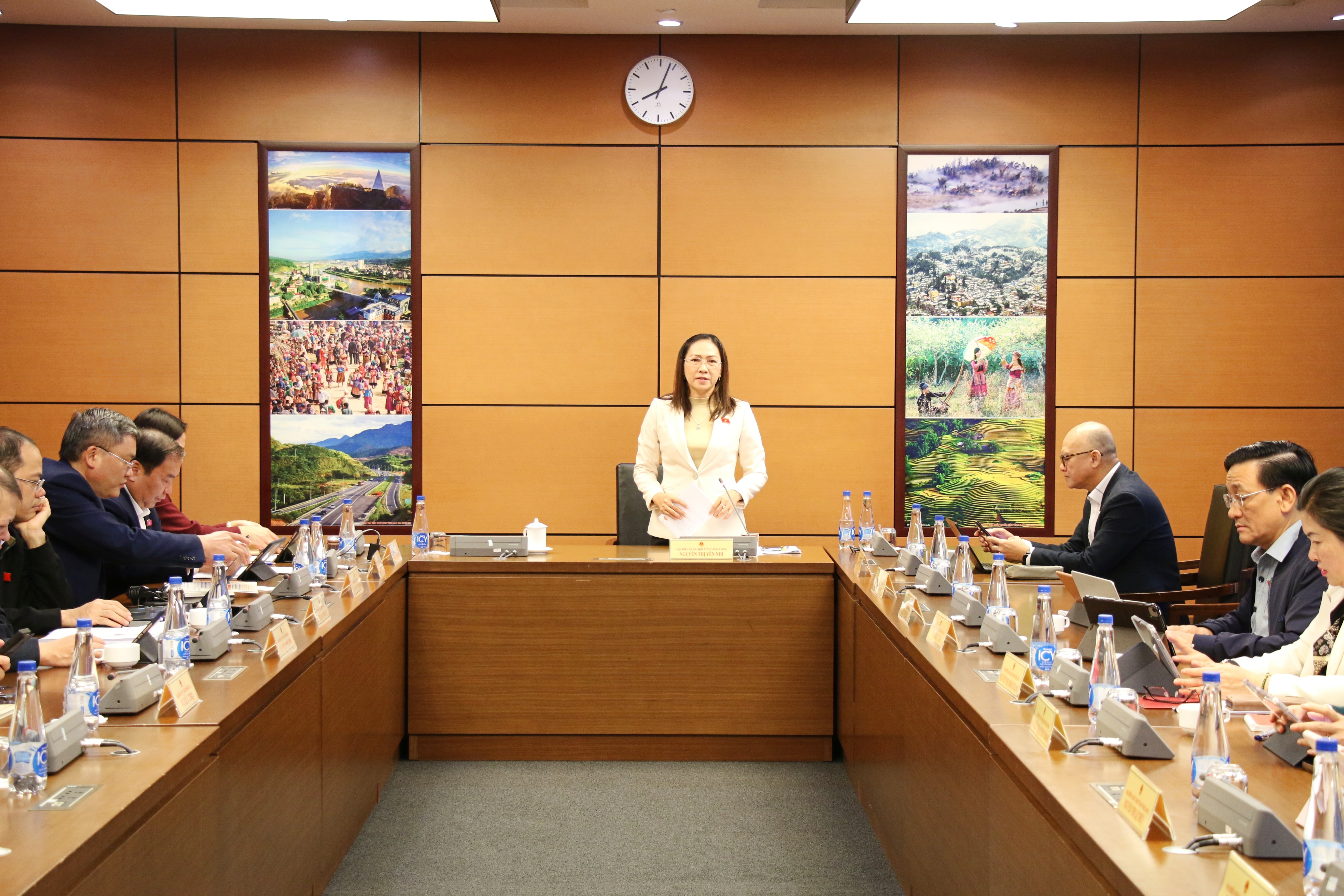
On the morning of November 5, the National Assembly Delegation of Son La province and the National Assembly Delegation of Vinh Long province discussed at Group 13 about 4 draft laws: Law on Enforcement of Civil Judgments (amended); Law on Judicial Expertise (amended); Law on amending and supplementing a number of articles of the Law on Anti-Corruption and Law on amending and supplementing a number of articles of the Law on Intellectual Property.
Discussing the draft Law amending and supplementing a number of articles of the Law on Anti-Corruption, delegate Hoang Thi Doi (Son La) expressed her high agreement with the necessity of promulgating the Law to promptly institutionalize the Party's guidelines and policies on anti-corruption; ensure compliance with the policy of reorganizing the apparatus of the political system, implementing the 2-level local government model; at the same time, overcome difficulties in implementation in the past time, improve the effectiveness and efficiency of state management and the effectiveness of anti-corruption work.
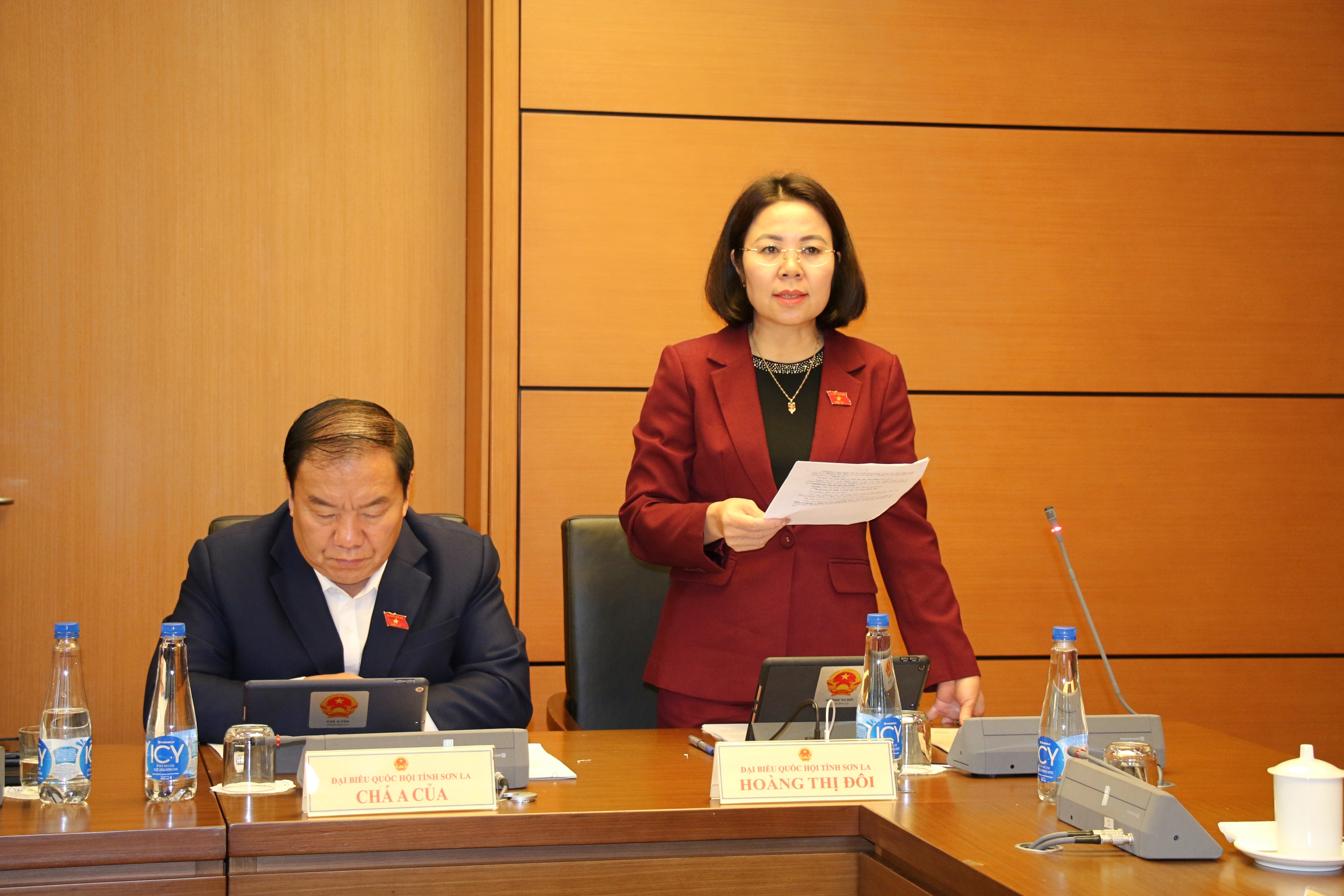
The delegate proposed to add the content on “innovation” in the application of technology to prevent and combat corruption. Specifically, in Clause 3, Article 1 (amended and supplemented Article 28), the delegate proposed to add the phrase “innovation” to the name of the law to: “Application of science , technology, innovation and digital transformation in management”. This is to ensure consistency in the expression and content between the name of the article and the content specified in Clause 1 of the law.
Delegates also recommended clarifying the authority to control assets and income in enterprises; unifying regulations on asset declaration and explanation; and ensuring accuracy in legal citations.
Delegate Nguyen Truc Son (Vinh Long) proposed to clarify some contents in the draft to ensure consistency and feasibility when implementing in practice. The delegate recommended that for the subjects of asset and income declaration at the commune level, the draft should have more specific regulations, consistent with the current model of local government organization being implemented at two levels. Clearly defining the control authority for positions from head, deputy head of department and above and the agency responsible for income control at the commune level will help avoid omissions and improve management efficiency.
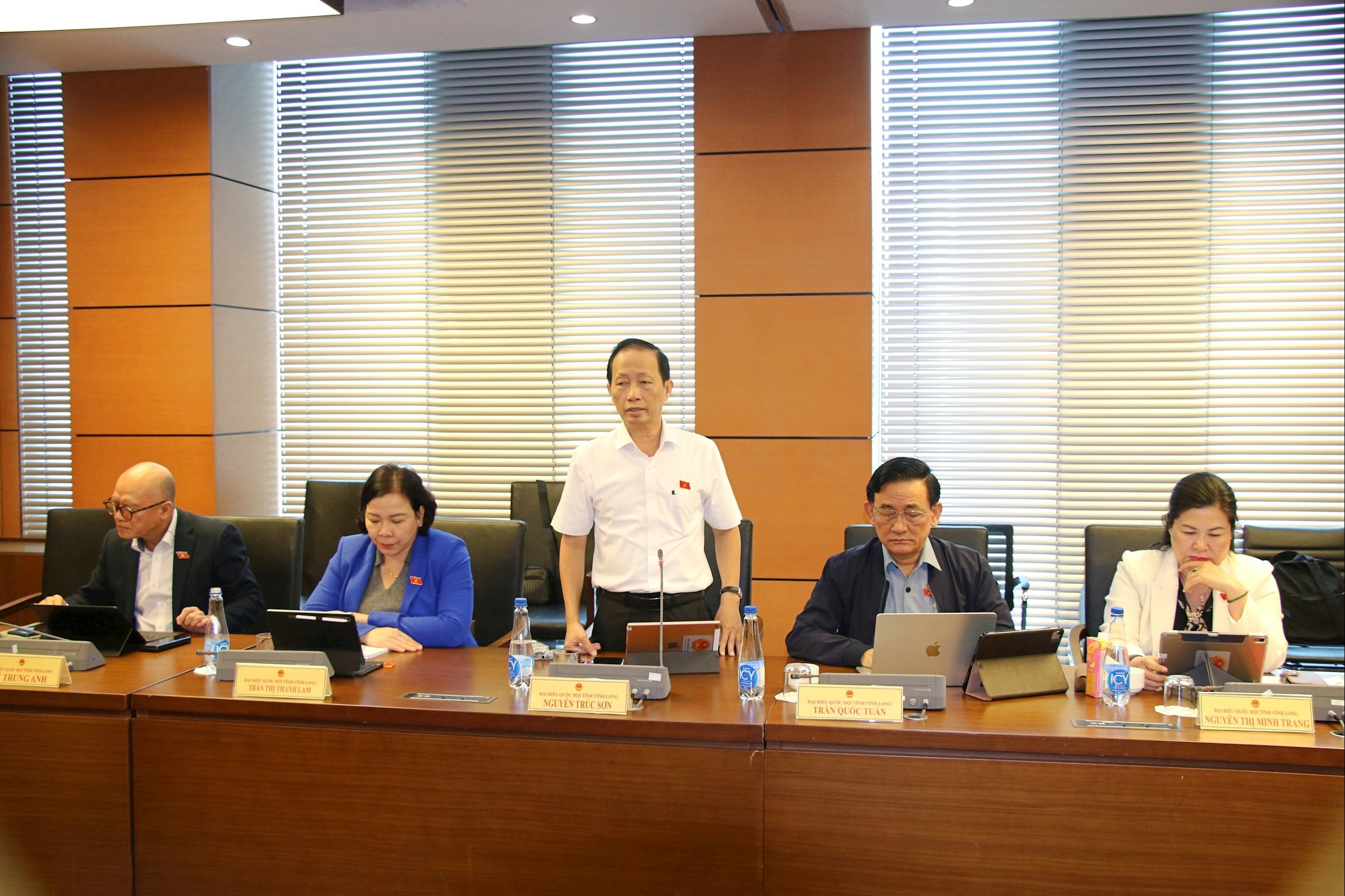
For subjects in enterprises, especially state-owned enterprises and enterprises with state capital, delegates suggested that the draft needs to continue to be researched and strictly regulated to prevent the risk of group interests and negativity arising in production and business activities.
Delegates also said that the declaration of assets and income should be carried out according to a unified form, which clearly stipulates the method of determining the value of assets at the time of declaration; volatile assets such as gold, stocks, land use rights, etc. must be fully declared, avoiding blank or inconsistent declarations.
In addition, it is necessary to stipulate a verification period so that competent authorities can be proactive in performing their tasks; at the same time, clearly define the agency managing the declaration between the Party and State systems, ensuring transparency, avoiding overlap and loopholes in supervision.
The delegate emphasized that perfecting legal regulations will contribute to improving the effectiveness of asset and income control, preventing corruption early and from afar, and ensuring the legitimate rights and interests of officials and civil servants in the political system.
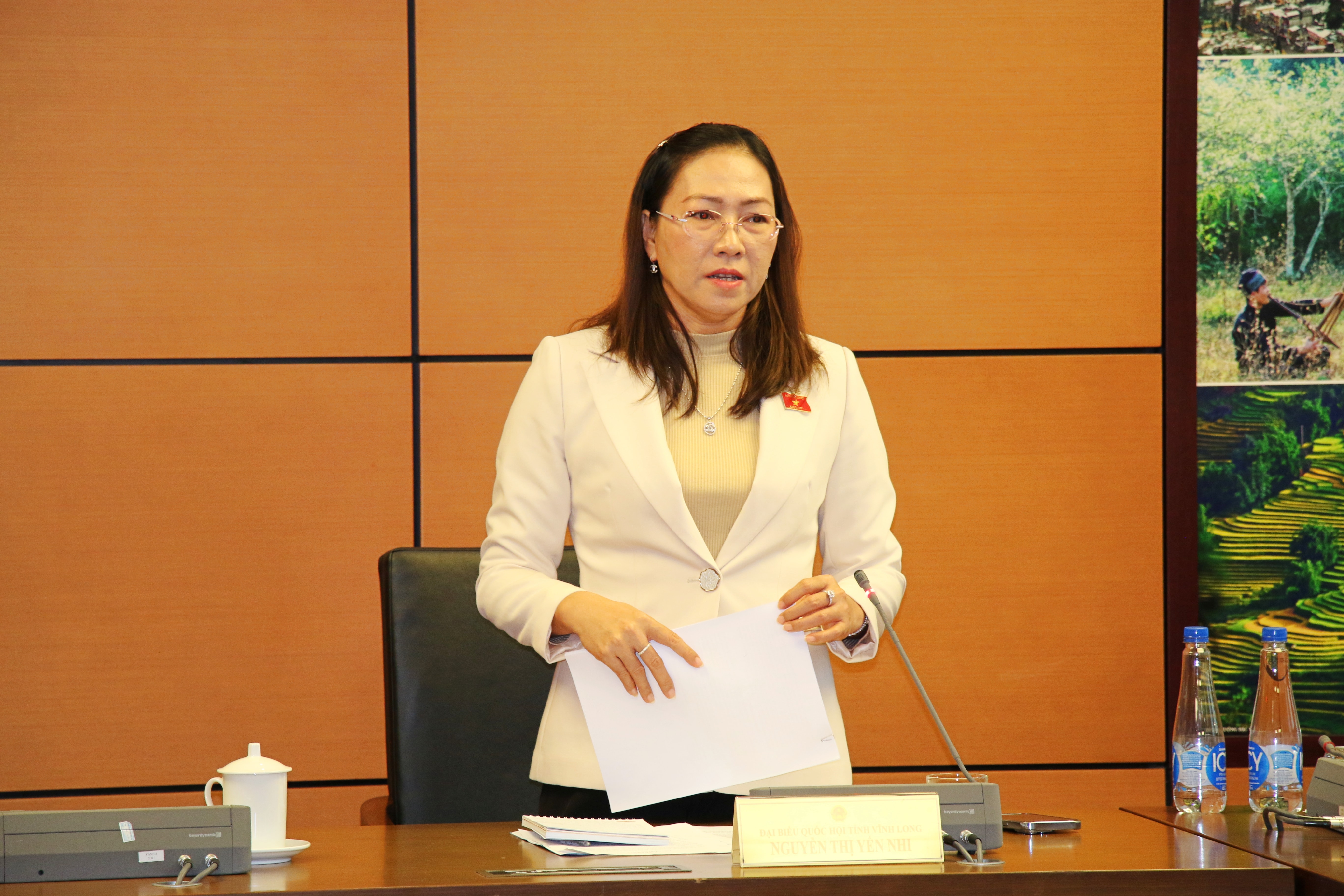
Discussing the draft Law on Civil Judgment Enforcement (amended), delegate Nguyen Thi Yen Nhi (Vinh Long) said that perfecting regulations on databases, rights and obligations of judgment debtors, enforcement measures, enforcement officer supervision mechanisms and management of judgment enforcement assets is an urgent requirement to resolve problems arising from practice in recent times.
The delegate pointed out that in reality, many people who have to execute a judgment go to work far away and do not have the conditions to directly participate in the process of resolving the judgment execution. However, the current law has not clearly stipulated the authorization mechanism, leading to many cases where the enforcement agency does not accept the authorization letter. Therefore, the delegate proposed to add in Clause 1, Article 7, the provision: "The person who must execute the judgment may authorize another person to act on his/her behalf in resolving the judgment execution, and this authorization must be agreed by the person being executed."
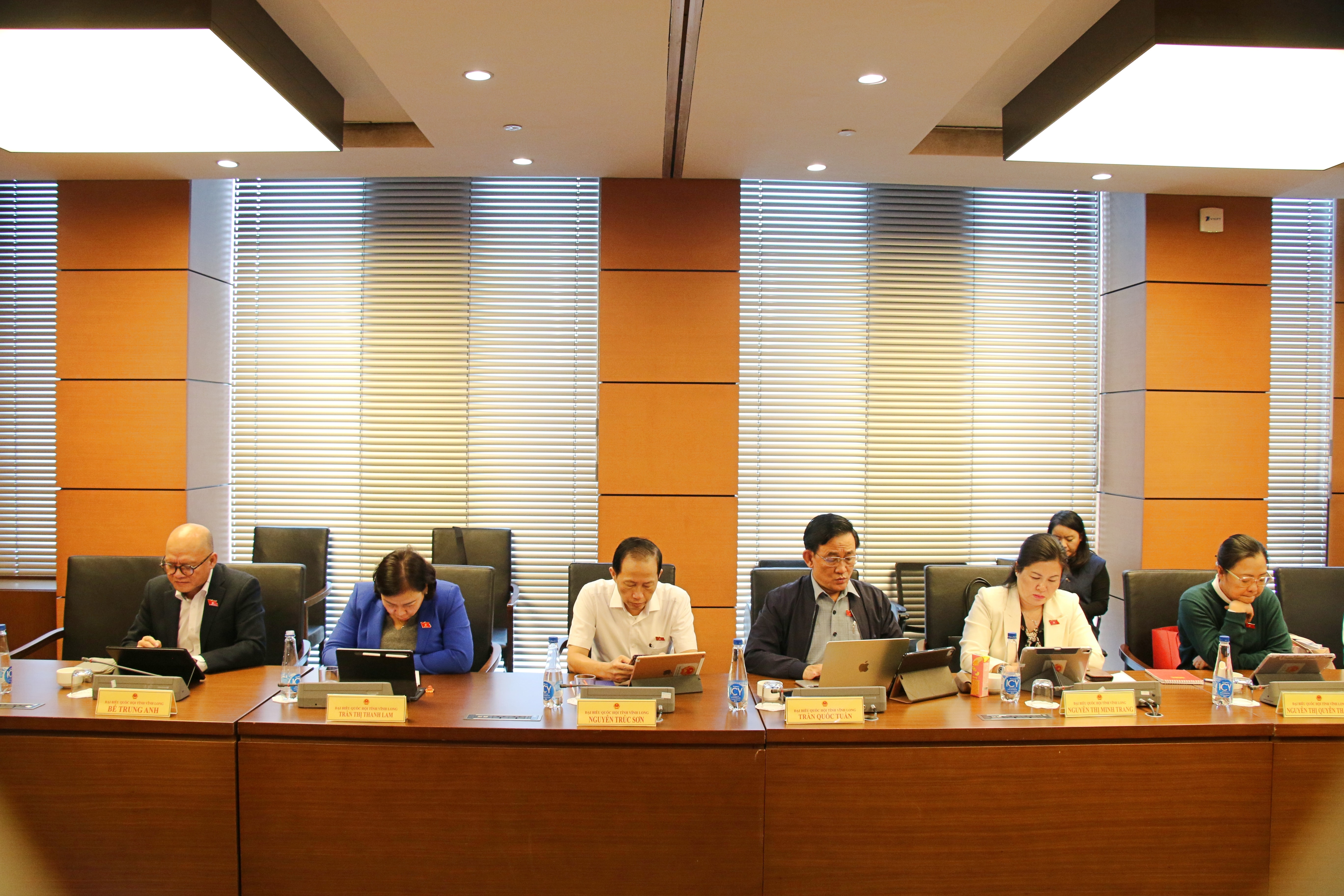
Regarding Article 40, the delegate said that there are currently many cases where the seized property is vacant land or houses, and the locality does not accept to keep them. Meanwhile, the person who is subject to enforcement is the person with direct rights. The delegate proposed to add a provision allowing the transfer of seized property to the person who is subject to enforcement for safekeeping in cases where the person who is subject to enforcement is absent, except in cases of enforcing revenue to the state budget.
Delegates also recommended clarifying the scope of enforcement measures outside of working hours; at the same time, strengthening the monitoring mechanism for Enforcement Officers.
Source: https://daibieunhandan.vn/kiem-soat-thu-nhap-de-phong-ngua-tham-nhung-tu-som-tu-xa-10394455.html







![[Photo] Opening of the 14th Conference of the 13th Party Central Committee](https://vphoto.vietnam.vn/thumb/1200x675/vietnam/resource/IMAGE/2025/11/05/1762310995216_a5-bnd-5742-5255-jpg.webp)
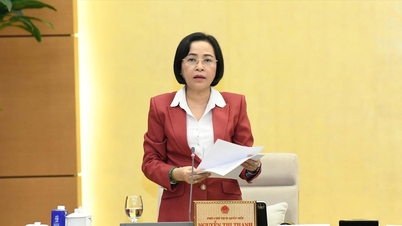
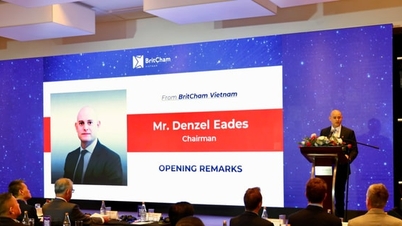

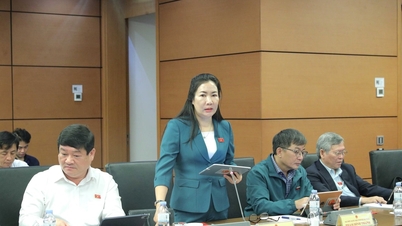


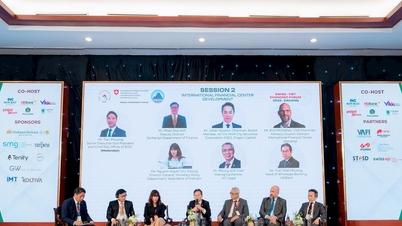




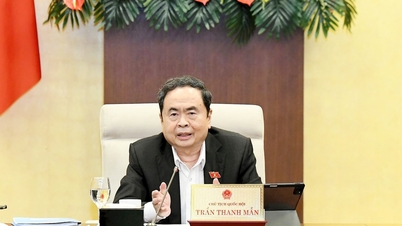


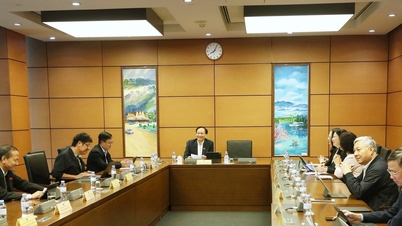





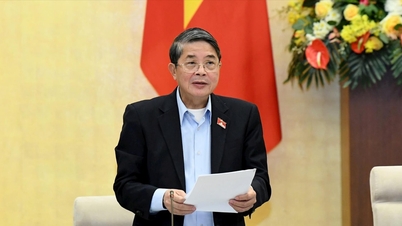

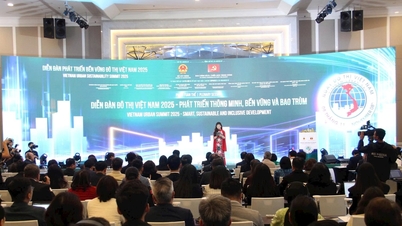
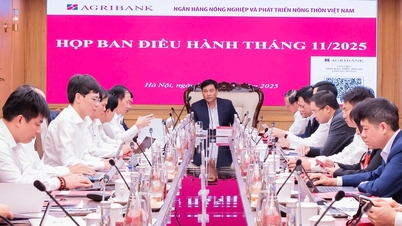


![[Photo] Panorama of the Patriotic Emulation Congress of Nhan Dan Newspaper for the period 2025-2030](https://vphoto.vietnam.vn/thumb/1200x675/vietnam/resource/IMAGE/2025/11/04/1762252775462_ndo_br_dhthiduayeuncbaond-6125-jpg.webp)

















































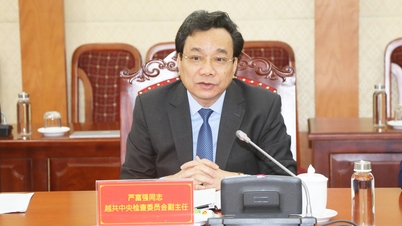









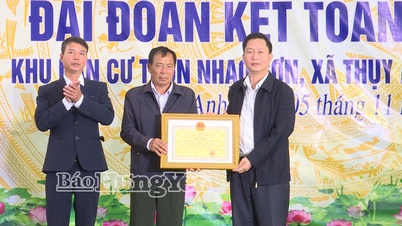












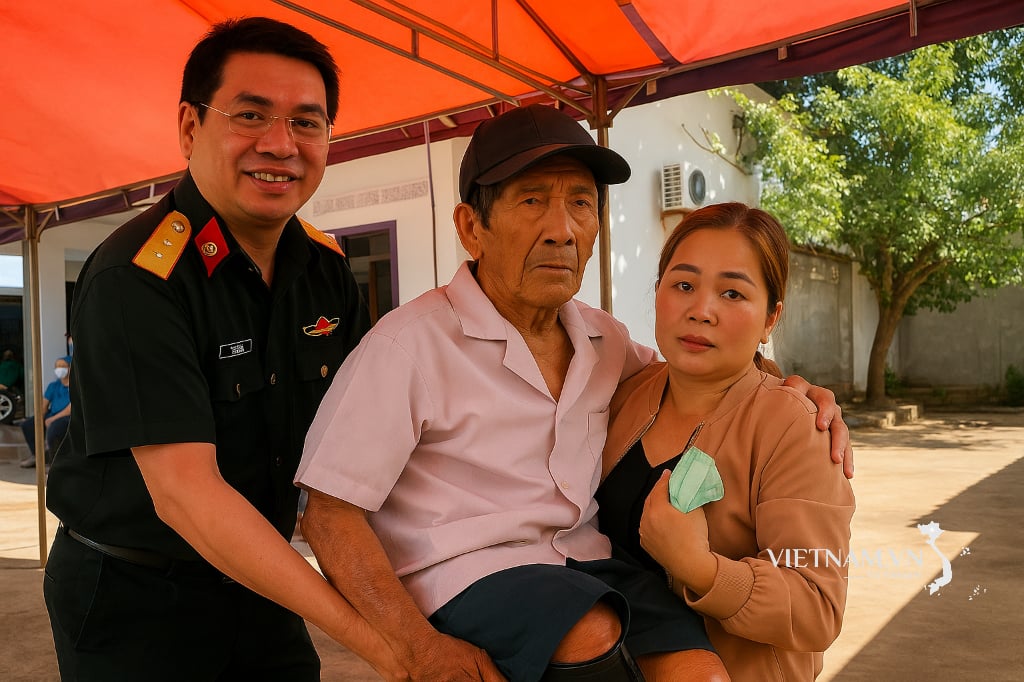


Comment (0)